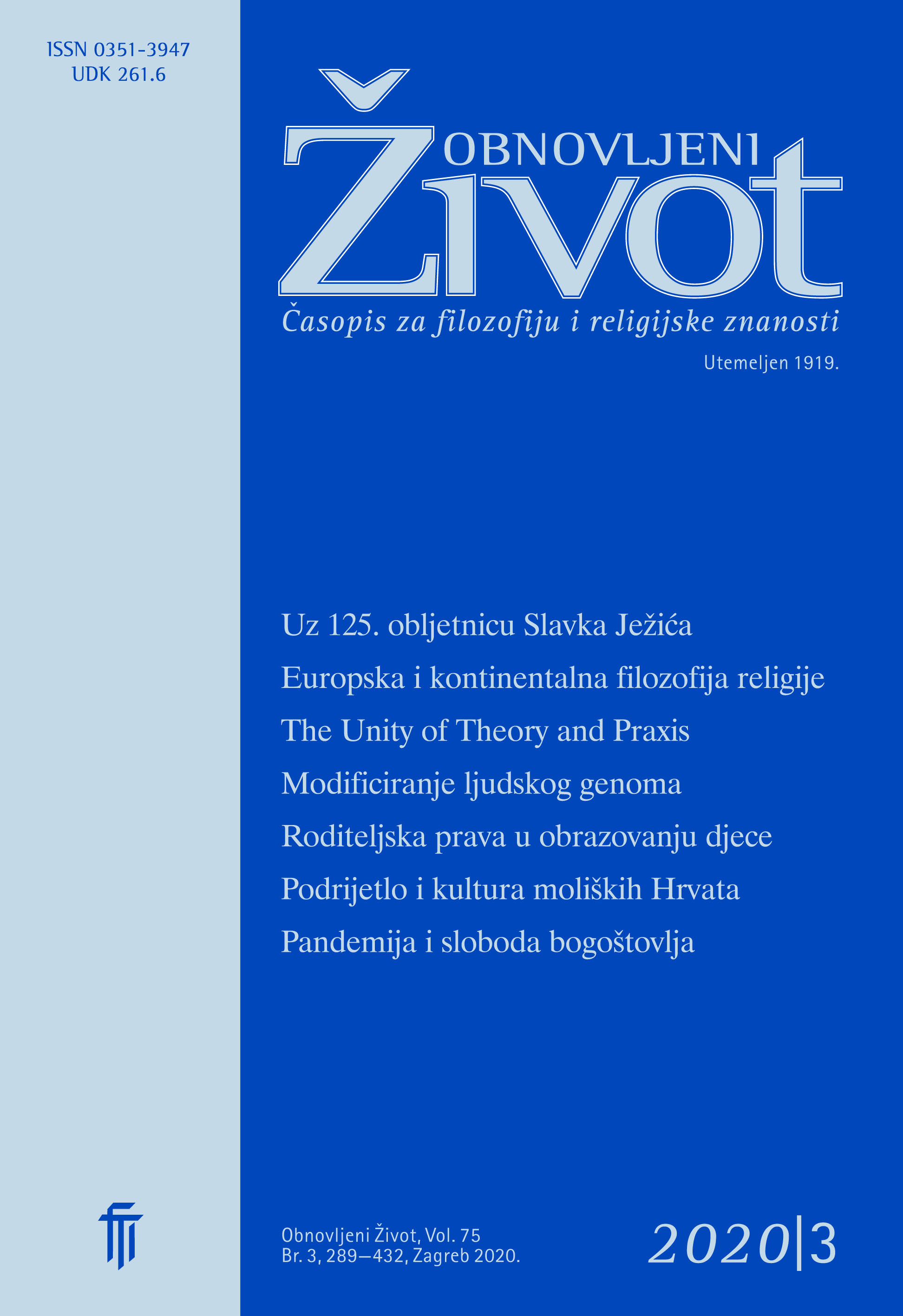Revisiting Adorno’s Position on the Relation of Theory to Praxis
Keywords:
Theodor Adorno, praxis, actionism, critical theory, resistance, social movementsAbstract
Adorno’s departure from praxis and his focus on theory seemed to be an unnatural move for a critical theorist. Among students and colleagues this was perceived as a serious aberration from Horkheimer’s program. In this paper, two arguments in Adorno’s favor are proposed: firstly, that, rather than separating the theory–praxis couplet, Adorno undertook necessary revisions which made theory more
accurate in relation to a world that had undergone profound social, political and economic changes. The “old” theory was anachronistic, subjectless and left completely to the benevolence of blind actionism which represented a new form of (pseudo–) praxis. The author will attempt to demonstrate that Adorno held a firm position on the unity of theory and praxis. The second argument has to do with contemporary praxis. Revisiting Adorno’s thoughts on theory and praxis can teach us two valuable lessons, namely: 1) that theory can reflect on itself, while praxis lacks this capability, and 2) that tactics applied in other societies cannot be imported blindly and unmediatedly because they are context–dependent. Both lessons are extremely valuable for contemporary social movements and especially for those inspired by Marcuse’s version of activist critical theory. Adorno reminds us that resistance can easily slip into repression and that, before it can be changed through praxis, the world must first be (re)interpreted.
Downloads
Published
Issue
Section
License
Jednom prihvaćeni članak obvezuje autora da ga ne smije objaviti drugdje bez dozvole uredništva, a i tada samo uz bilješku da je objavljen prvi put u Obnovljenom životu. Uredništvo će obavijestiti autora o prihvaćanju ili neprihvaćanju članka za objavljivanje.
Članci objavljeni u časopisu se, uz prikladno navođenje izvora, smiju besplatno koristiti u obrazovne i druge nekomercijalne svrhe.


